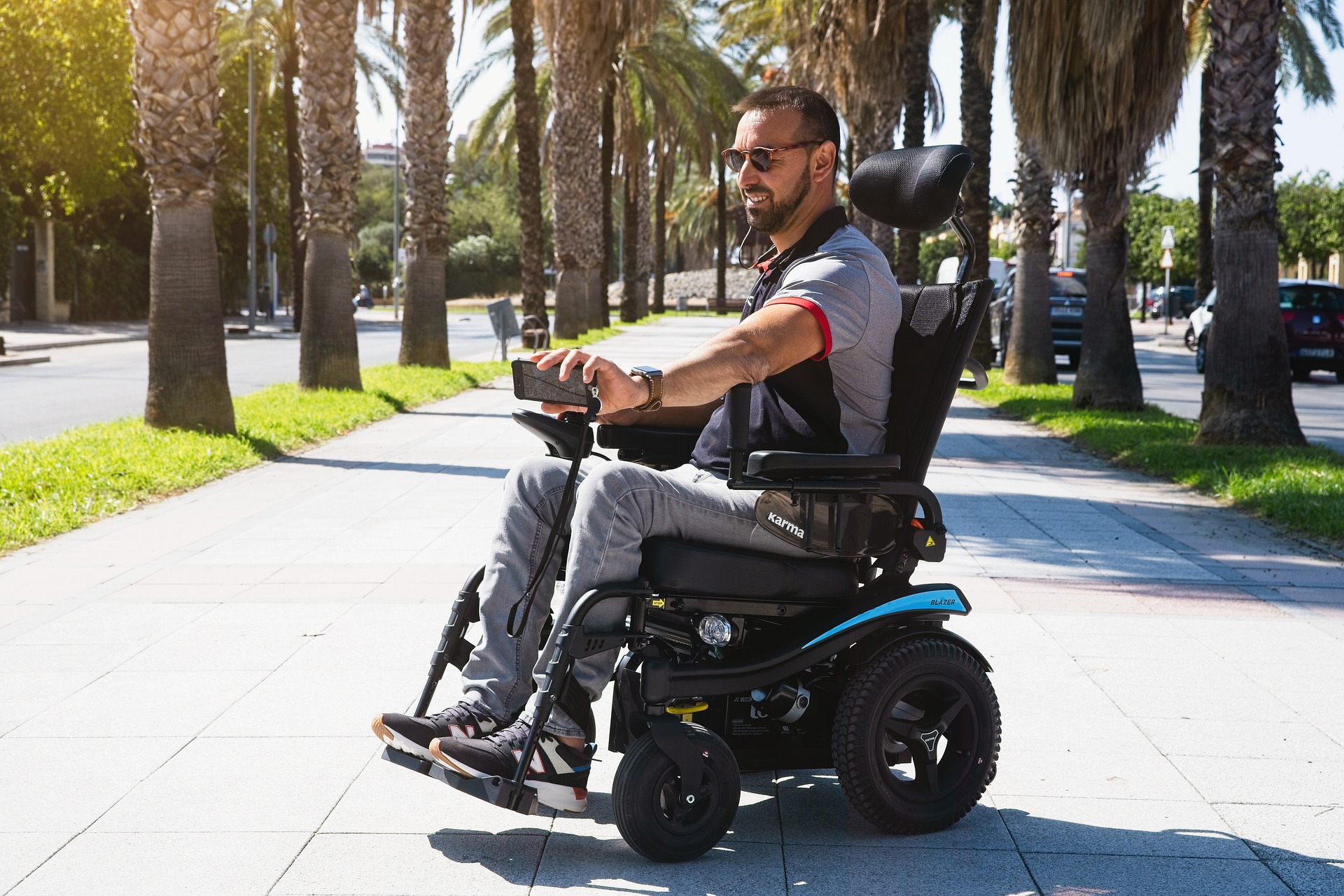Personal injury lawsuits, especially those involving car accidents, are extremely common in every state court. Florida doesn’t have unusual personal injury laws that set it apart from the rest of the country, but it typically follows standards that are not the majority position of other states. If you are a new resident in Florida or don’t know the specifics of our laws, we wanted to highlight some of the ways that Florida law is unique and how it affects those seeking compensation for their injuries.

- No-Fault Insurance System for Auto Accidents: Florida is one of the twelve states with a no-fault auto accident insurance model. Under this system, motorists must carry personal injury protection insurance that covers their own injuries and costs regardless of fault. In states operating under fault-based systems, the party responsible for the accident bears the financial burden for the damages caused.
The no-fault rule means that drivers generally cannot sue or be sued for personal injuries unless the case involves permanent injury, significant and permanent scarring, or disfigurement. Ideally, this system aims to reduce the number of minor lawsuits and streamline the claims process, promoting quicker recovery times for those involved. However, it also means that compensation for pain and suffering is unavailable unless the injury meets the state’s serious injury threshold. If you are ever injured in Florida, contact Probinksy & Cole to talk to our team and get help determining if your injury meets this threshold. You may have the opportunity to fight for compensation for your injuries.
- Comparative Negligence Rule: Florida employs the pure comparative negligence rule, which allows a damaged party to recover damages even if they are partly at fault, with their compensation reduced by their percentage of fault. Some other states use a modified comparative negligence rule, typically disallowing recovery if the plaintiff is 50% or more at fault. Theoretically, Florida’s system permits plaintiffs to seek compensation even when their fault is as high as 99%, although the actual recovery would be minimal in such cases.
Legal strategies and potential recovery options are vastly different in states like Florida than in states without this rule. Since there is often a chance for some recovery, it is worth building a case in Florida when it would not be viable in other states. For individuals moving from states with a less forgiving negligence system, this difference may confuse you and discourage you from contacting attorneys. Never assume a mistake on your part completely eliminates your right to seek compensation.
- Damage Caps and Limitations: Florida’s approach to damage caps in personal injury cases is somewhat unique. While many states enforce caps on non-economic damages in some personal injury or medical malpractice cases, Florida’s stance has seen changes in recent years. Historically, the state did impose caps on non-economic damages in medical malpractice cases, but these were declared unconstitutional by the Florida Supreme Court in 2017. This decision places Florida in the minority of states that do not impose such caps, allowing for potentially higher compensation for victims of medical malpractice and other types of personal injuries.
Without this cap, juries in Florida can award sums based solely on the evidence presented without statutory limitations. If your case demonstrates to a jury significant injury, tons of evidence, and extreme negligence or malice on the part of the other party, you could receive large amounts of compensation for your damages. - Statute of Limitations: In most cases, Florida’s statute of limitations for personal injury claims is two years from the incident date. This time frame provides potential plaintiffs time to assess the full impact of their injuries, consult with legal professionals, and decide whether to pursue a lawsuit.
For medical malpractice claims, if the injury or violation was not immediately discoverable (the “discovery rule”), this limit is increased to four years.
Florida Personal Injury Attorneys
If you are injured in Florida, don’t delay contacting Probinsky & Cole to get the help you need and fight for what is right. Contact us today to speak to a team member and get started.







